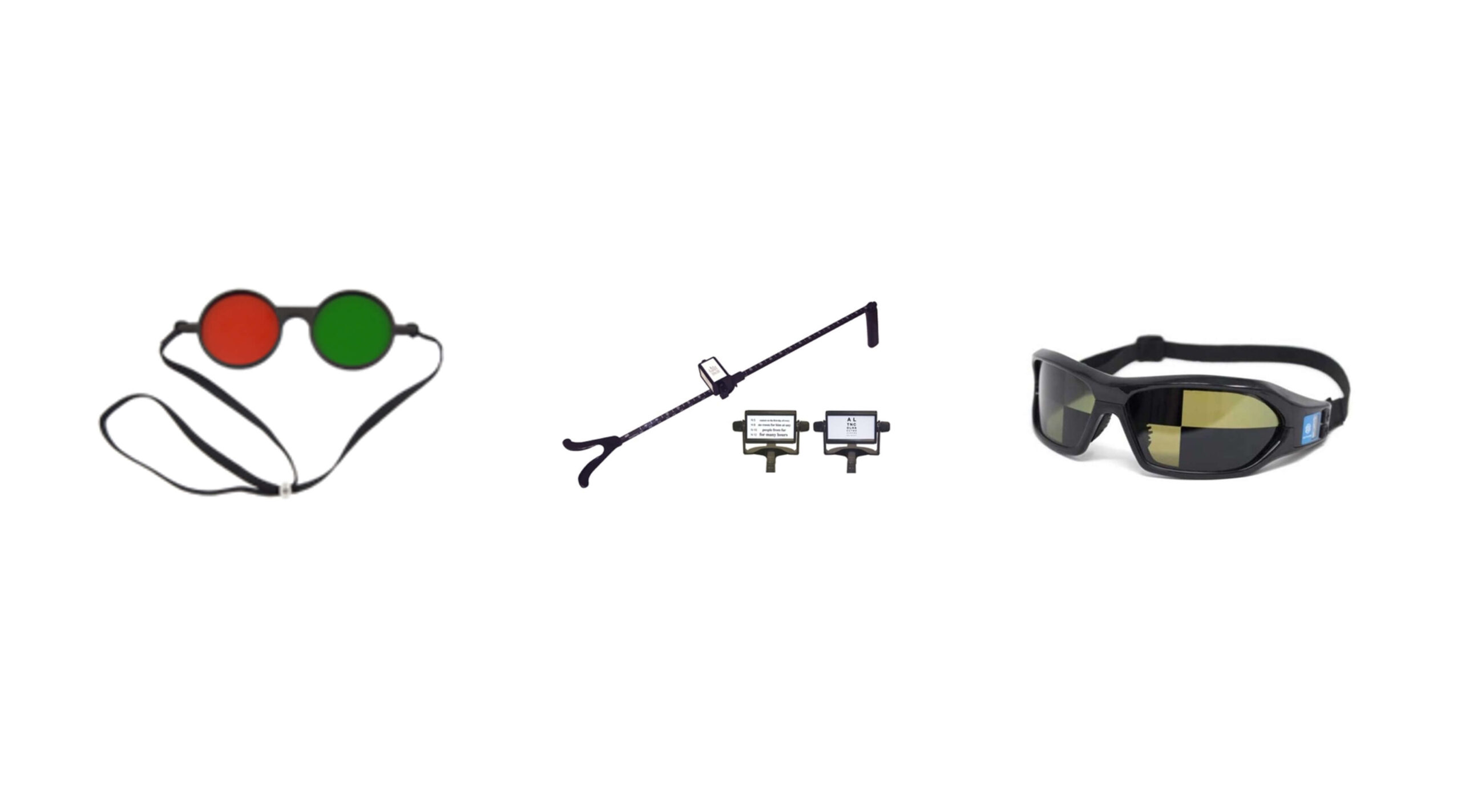54B, Tailstoi Town 5238 MT,
La city, IA 522364

Vision Therapy prioritizes the quality and function of vision, recognizing that 80% of information to the brain originates from the eyes.
This crucial method aims to enhance visual skills using optical devices and exercises, fostering an efficient eye-brain connection and improved processing of visual information.
The duration of vision therapy ranges from a single session to 2-3 months, involving a combination of office visits and at-home activities.
Individuals seeking vision therapy commonly grapple with various visual challenges, including:
Difficulties such as compromised eye teaming, focusing, tracking, and visualization skills can hinder the learning process.
Vision Therapy emerges as a compelling alternative to conventional interventions like surgery, glasses, or patching, especially in the effective treatment of crossed eyes or lazy eyes, with heightened efficacy in early childhood.
The demands of our technologically advanced society, marked by prolonged computer use, contribute to issues like eyestrain, headaches, and other visual challenges, underscoring the relevance of vision therapy.
Neurological disorders or nervous system trauma can profoundly affect vision, making vision therapy indispensable for individuals coping with conditions such as traumatic brain injuries, strokes, whiplash, developmental delays, cerebral palsy, multiple sclerosis, and other neurological ailments.
Beyond addressing vision impairments, vision therapy serves as a valuable tool for enhancing eye-hand coordination, visual reaction time, peripheral awareness, eye teaming, focusing, tracking, and visualization skills in the domain of sports.
Additionally, vision therapy has shown promising benefits in paralytic patients, aiding in visual rehabilitation following strokes or other neurological issues. By focusing on enhancing visual skills, eye-brain coordination, and overall visual function, vision therapy contributes to a holistic approach to rehabilitation for individuals with paralysis, promoting improved quality of life and functional independence.
The rate at which patients experience these improvements will vary, but generally progress is seen early in the therapy programme.
Source/s:
Banner image by freepik.com
What is dummy?What is dummy?What is dummy?What is dummy?What is dummy?What is dummy?What is dummy?
What is dummy?What is dummy?What is dummy?What is dummy?What is dummy?What is dummy?What is dummy?